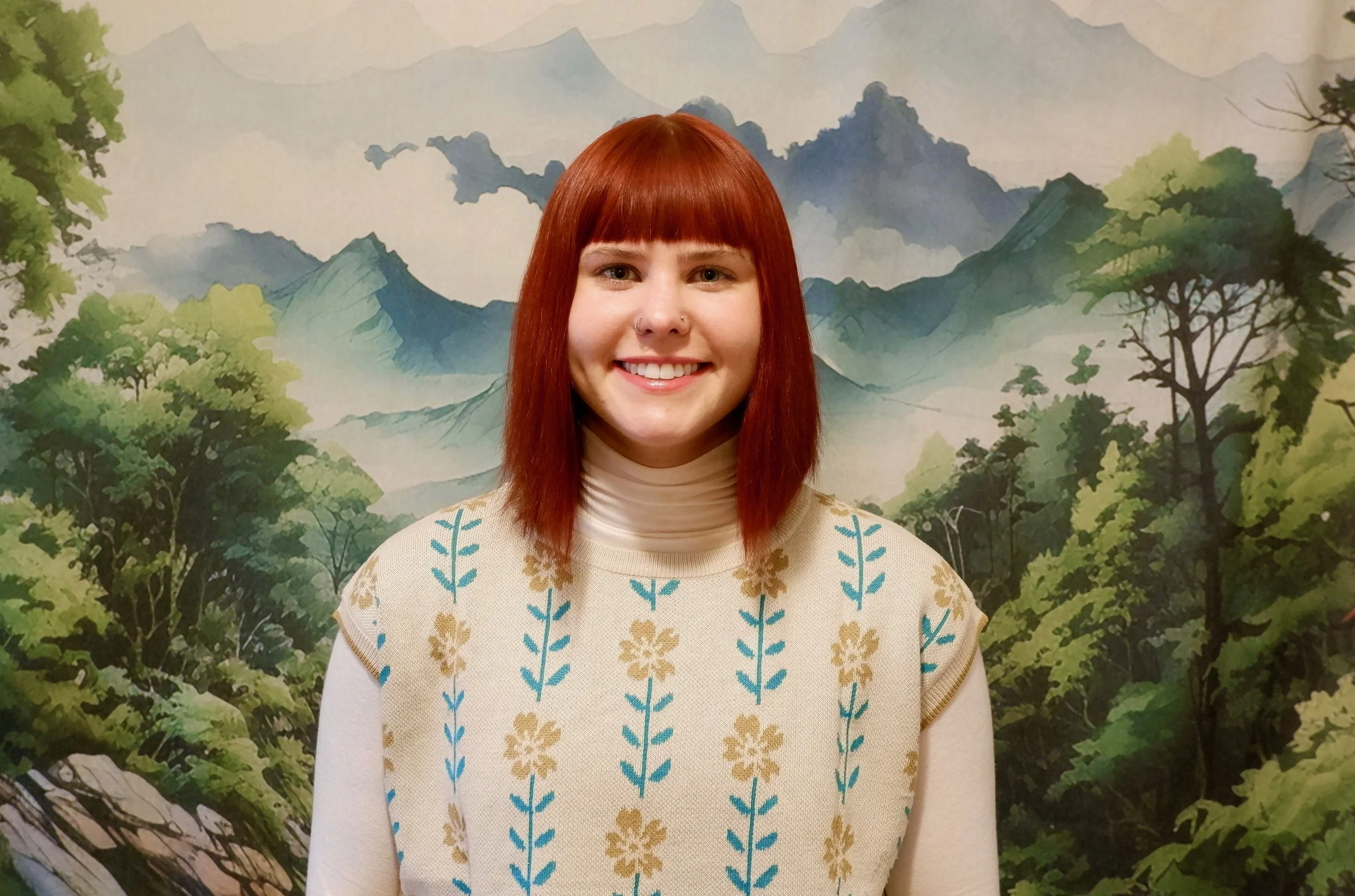Meet Julie (she/her)
Hi, I’m Julie!
I am a current student counselor supervisee in the master's of mental health counseling program at Old Dominion University (ODU). I am from Northern Virginia and earned my undergraduate degrees in psychology and criminology at the University of North Carolina Wilmington. My background includes experience as a behavioral health technician at a mental health hospital, internships with a trauma therapist and at an eating disorder clinic, and research focused on trauma, resilience, and coping, all of which inform my approach.
I am passionate about working with clients across the lifespan. I have experience providing support to individuals who are managing concerns with depression, anxiety, mood instability, trauma/PTSD, eating disorder(s), body image/self-esteem, self-harm, and suicidal ideation. I offer both telehealth and in-person appointments and have immediate availability for new clients. To set up an appointment with me, please send me an email at juliemartinvbcc@gmail.com or call/text (757) 434-5811.
My Approach to Therapy:
My approach to therapy is trauma informed and identity affirming. I utilize an eclectic approach of Cognitive-Behavioral Therapy (CBT), Dialectical Behavior Therapy (DBT), Narrative Therapy, and mindfulness-based approaches in therapy. I believe that therapy is a collaborative process and that treatment is always tailored to each unique individual.
I deeply value the therapeutic relationship, recognizing its profound power in the counseling process. I believe in creating a safe, validating, affirming, and non-judgmental space where clients can effectively address their presenting concerns. Through this collaborative journey, my aim is to empower you to develop a toolkit for managing your mental health and wellness. To connect with me, please send me an email at juliemartinvbcc@gmail.com, and we can figure out a meeting time.
This means that in therapy we will likely:
Explore the interaction between your thoughts, feelings, and behaviors and work to understand how they are fitting into your presenting concerns.
Explore relevant relationships (past and present), uncover patterns, and work to modify relational patterns that no longer serve you.
Identify your strengths and skills that you already possess and use these as building blocks for future success and problem-solving.
Work to understand how various identities you hold (visible and invisible) impact your current concerns.
Focus on clarifying, understanding, and expressing your feelings (as you feel safe and comfortable to do so).
Collaborate on your counseling related goals and work through them in a confidential, safe, and nonjudgmental atmosphere.

